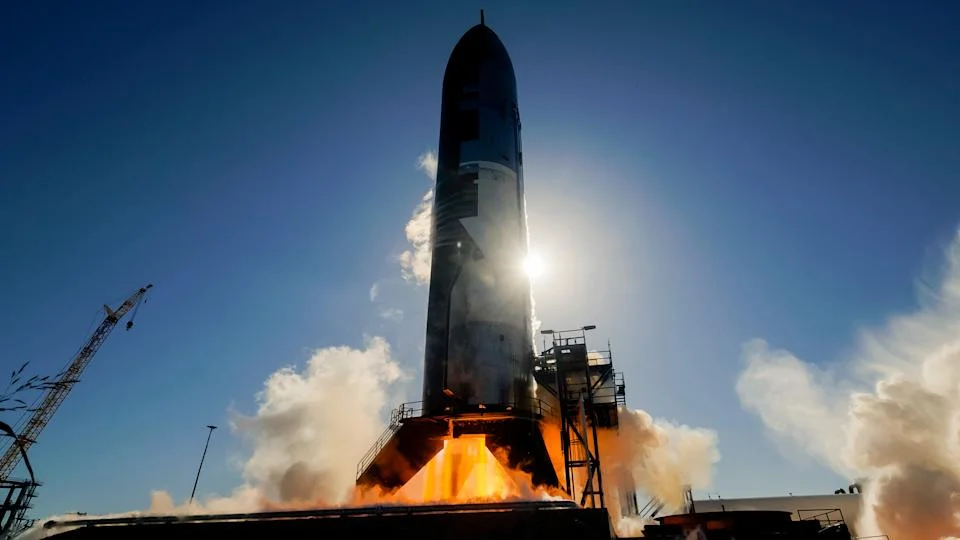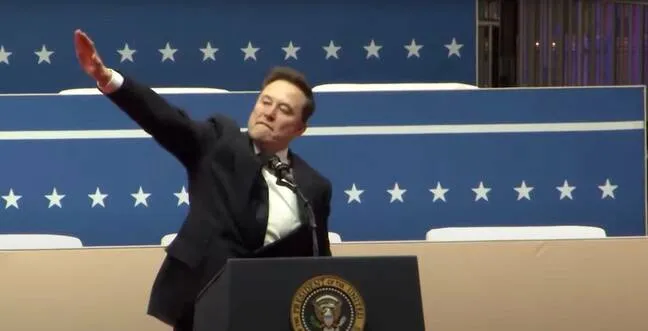
SpaceX’s Starship Prepares for Flight 9: Will FAA Approval Grant Liftoff?
Elon Musk has announced that SpaceX is targeting the week of May 19th for the ninth test flight of its Starship megarocket. However, the launch hinges on approval from the U.S. Federal Aviation Administration (FAA), casting a shadow of uncertainty over the planned timeline. Will Starship finally achieve its ambitious goals?
Musk stated on X that the launch is "not earlier than May 21." SpaceX has yet to officially confirm the specific date. The pressure is now on the FAA to grant the necessary authorization.
The FAA spokesperson stated, "The FAA has not authorized the SpaceX Starship Flight 9 launch, in part due to outstanding issues regarding the Flight 8 mishap." This highlights the critical hurdle SpaceX must overcome before proceeding.
FAA scrutiny is paramount. SpaceX must either have its investigation into the Flight 8 incident accepted and closed by the FAA, or the agency must determine that proceeding with the launch poses no risk to public safety.
Flight 8, launched on March 7, saw the Super Heavy booster successfully caught by the launch tower’s arms, but the second stage, Starship, failed similarly to Flight Test 7. SpaceX attributed the loss to "an energetic event in the aft portion of Starship." Debris fell back to Earth, requiring aircraft diversions. No injuries were reported.

Despite the Flight 8 setback, SpaceX has been actively preparing for Flight 9. "Just before the Starship flight next week, I will give a company talk explaining the Mars game plan in Starbase, Texas, that will also be live-streamed on X," Musk wrote in the post. This suggests a significant announcement regarding the future of SpaceX's Martian ambitions, intrinsically linked to the success of Starship.
Flight 9 could mark a milestone. The Super Heavy booster slated for this mission is the same one used in Flight 7, potentially achieving the first reuse of a Starship stage. The booster returned to Starbase after flight 7 and was caught by the launch tower’s arms.

SpaceX has already conducted a long-duration "static fire" test with the Starship upper stage, igniting all six Raptor engines for approximately 60 seconds. This test is crucial in validating the vehicle's readiness for flight.

The outcome of Flight 9 is critical for SpaceX's ambitious plans. The company aims to make Mars settlement economically feasible with the fully reusable Starship. After eight test flights, including two this year with similar outcomes (Super Heavy success, Starship failure), the pressure is on to demonstrate the full potential of this giant rocket.
Will the FAA grant approval, allowing SpaceX to proceed with the launch? Will Flight 9 mark a turning point for the Starship program, or will the megarocket face further setbacks? Share your predictions in the comments below.